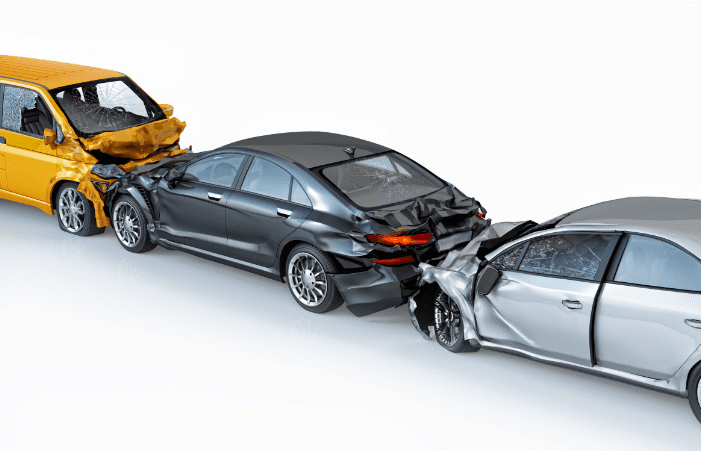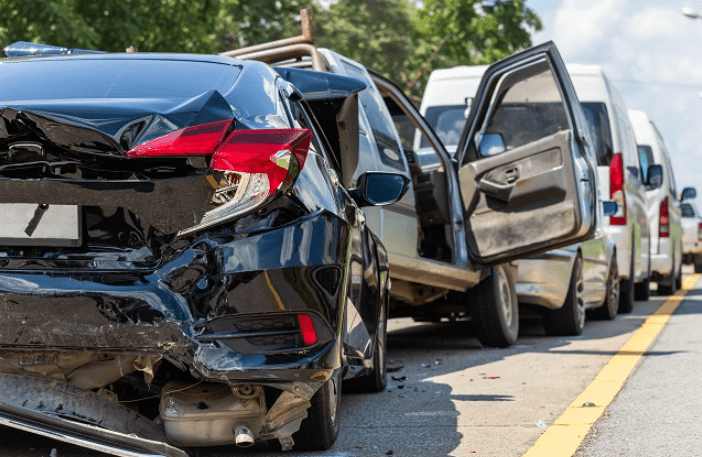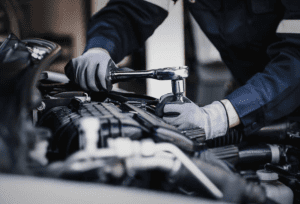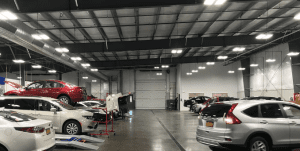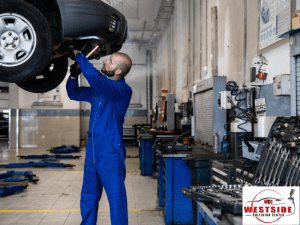What to do after a car collision? Car collisions can be overwhelming and disorienting, but prioritizing safety in the immediate aftermath is crucial. Begin by checking for injuries and moving the vehicles involved to a safe location.
what to do after a car collision. The moments after collision Taking a deep breath and following these steps can help you navigate the situation
Immediately:
-
Check for Injuries: The priority is always assessing yourself and your passengers for injuries. If anyone is seriously hurt, call emergency services instantly.
-
Stay Calm and Assess: Take a few deep breaths and evaluate the situation. If the accident is minor and no one is hurt, you might be able to handle it yourself.
If No Injuries:
-
Move Your Car to Safety: If drivable, move your car to the side of the road or a safe area out of traffic. Turn on your hazard lights to warn other drivers.
-
Exchange Information: Get the other driver’s name, address, phone number, insurance company, and policy number. If there are witnesses, note their names and contact information.
-
Document the Accident: Take detailed notes of the accident, including the date, time, location, and weather conditions. Sketch a diagram of the accident scene, if possible.
-
File a Police Report: Even for minor accidents, filing a police report is crucial. It documents the accident and helps with insurance claims.
-
Contact Your Insurance Company: Inform your insurance company about the accident as soon as possible. They will guide you through the claims process.
If There Are Injuries:
-
Call Emergency Services: If anyone is seriously injured, immediately call 911 or your local emergency number.
-
Don’t Move the Injured: Unless in immediate danger, avoid moving injured individuals. This could worsen their injuries.
-
Keep Injured Individuals Warm and Comfortable: If conscious, keep them calm and comfortable. Cover them with a blanket if possible.
for collision repair in Houston call us at (713)243-3535
how long does collision repair take
Additional Tips:
- Avoid admitting fault at the scene.
- Don’t sign any papers or make statements without consulting your insurance company first.
- Keep all accident-related paperwork, including the police report, insurance claim forms, and repair bills.
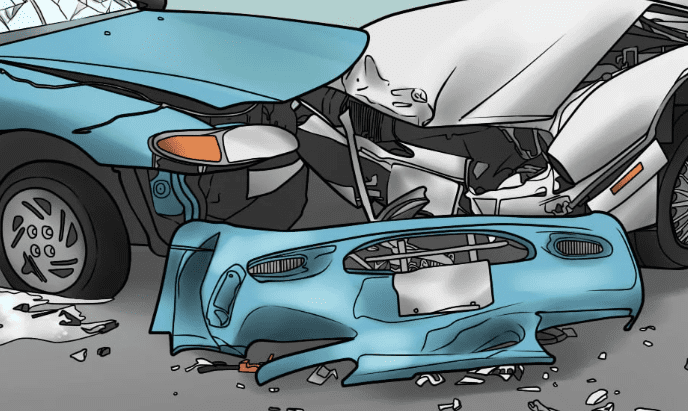
What to do after a car collision in Houston TX
How important is seeking medical attention after a collision?
Seeking medical attention after a car collision is crucial, even if you feel uninjured. While adrenaline can mask pain and symptoms immediately after the accident, some injuries might not manifest for hours or even days. Here’s why seeking medical attention is essential:
1. Identifying Hidden Injuries:
Collisions can cause internal injuries like bleeding, organ damage, or spinal cord trauma, often hidden from plain sight. A medical professional can perform necessary examinations and tests to rule out these potentially life-threatening conditions.
2. Prompt Treatment and Reduced Complications:
Early diagnosis and treatment of even minor injuries like whiplash, sprains, or concussions can prevent complications like chronic pain, muscle weakness, or cognitive issues.
3. Establishing a Medical Record:
A medical evaluation creates a documented record of your injuries, linking them to the accident. This documentation is crucial for insurance claims, legal proceedings, and future medical needs.
4. Peace of Mind and Reassurance:
A qualified medical professional can address your concerns, answer your questions, and provide guidance on recovery and rehabilitation. This can alleviate anxiety and promote healing.
5. Legal Implications:
Seeking medical attention strengthens your legal case in case of any personal injury claims arising from the accident. It demonstrates that you took reasonable steps to address your injuries.
Remember, it’s always better to be safe than sorry. Don’t hesitate to seek medical attention after a car collision, even if you feel fine. Your health and well-being are the top priority.
which car has the best collision avoidance system
What preventive measures can I take for future safety?
When should I notify my insurance company?
It’s always better to notify your insurance company as soon as possible after a car collision, even if the accident seems minor. Here’s why:
Immediate Notification Benefits:
- Preserve Your Claim: Delaying notification might raise suspicion with your insurance company, potentially jeopardizing your claim. Promptly informing them establishes a clear timeline and protects your coverage.
- Starts the Claims Process: Early contact allows your insurance company to initiate the claims process efficiently. They can guide you through necessary steps like filing paperwork or arranging repairs, ensuring a smoother experience.
- Secures Evidence: Your memory can fade over time. Reporting the accident promptly while details are fresh strengthens your case and prevents potential disagreements about what happened.
- Adheres to Policy Requirements: Most insurance policies stipulate a timeframe for reporting accidents. Failure to do so within the specified period could violate your contract and lead to claim denial.
Specific Situations:
- Minor Accidents: Even if there’s no visible damage or injuries, notifying your insurance company is crucial. Hidden damage or delayed symptoms could emerge later, and having a documented report protects you in such cases.
- Major Accidents: involving injuries, significant damage, or multiple vehicles warrant immediate contact with your insurance company. They can expedite assistance and help navigate complex situations.
- Fault Uncertainty: Regardless of who you think is at fault, report the accident promptly. Insurance companies conduct investigations, and liability determination will happen later.
Remember:
- Delaying notification can negatively impact your claim and put you at a disadvantage.
- Your insurance company is there to assist you after an accident. Prompt communication helps them provide efficient and effective support.
- If unsure about anything, contact your insurance company. They can clarify any doubts and guide you through the process.
Conclusion for What to do after a car collision
What to do after a car collision, knowing what steps to take is crucial for ensuring safety, navigating legal procedures, and expediting the recovery process. By prioritizing immediate safety, reporting the incident accurately, and seeking necessary support, individuals can effectively manage the aftermath of a collision and make informed decisions.
What should I do immediately after a car collision?
After a car collision, prioritize safety and follow these immediate steps:
- Check for Injuries: Assess yourself and others for injuries; seek medical attention if needed.
- Move to Safety: If possible, move vehicles to a safe location to avoid further accidents.
- Call the police: Report the incident to the police, providing accurate information about the collision.
- Exchange Information: Collect and share details with the other party, including names, contacts, and insurance information.
- Document the scene: Take photos of the accident scene, including vehicle damage and relevant road signs.
These actions ensure safety, facilitate reporting, and contribute to a smoother resolution process.
Are there legal implications after a car collision?
Yes, there are legal implications after a car collision. It is crucial to:
- File a police report: Report the incident to the police, as this can serve as a crucial legal document.
- Adhere to Legal Requirements: Fulfill any legal obligations, such as providing accurate information and cooperating with law enforcement.
- Seek legal advice if necessary. Consult with a legal professional to understand your rights and obligations, especially if there are disputes or injuries involved.


